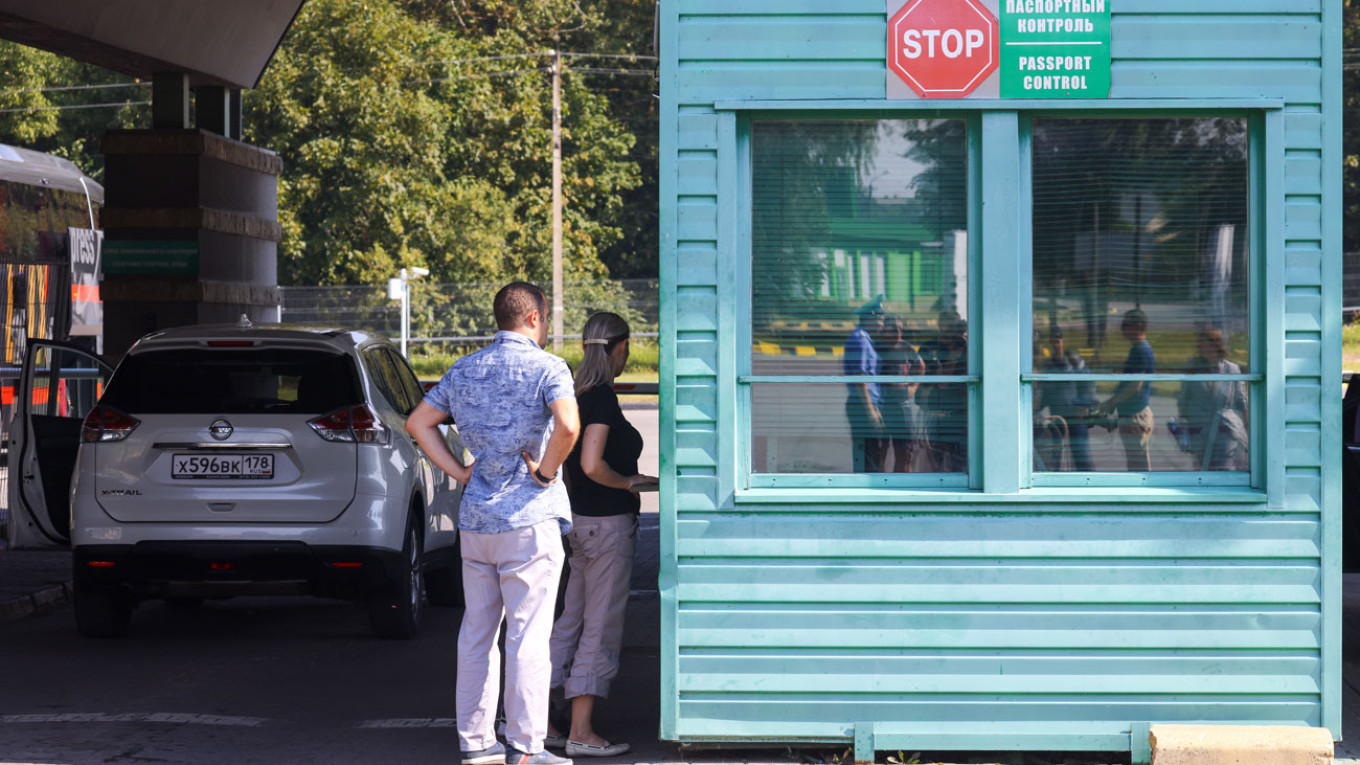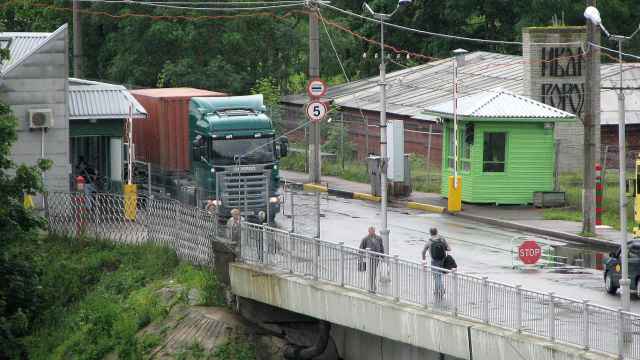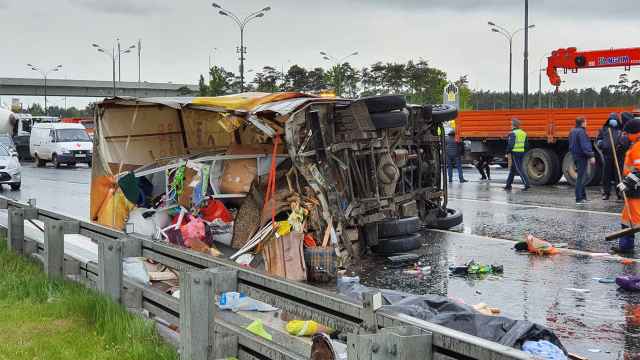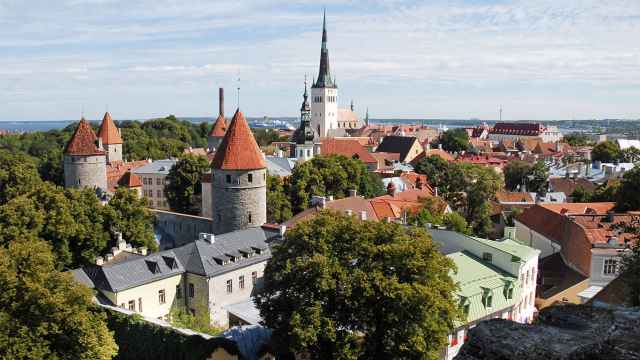Updated to clarify that the ban applies to passenger vehicles.
Estonia has banned passenger vehicles with Russian license plates from entering the country, authorities in the Baltic nation announced Wednesday amid heated debates over an EU directive on sanctions enforcement.
“Starting from today… Estonia will deny entry to all Russian registered vehicles,” Estonian Foreign Minister Margus Tsahkna said on X, formerly Twitter.
Estonia’s Interior Minister Lauri Laanemets said the decision followed European Commission clarifications on sanctions compliance that drew accusations of “racism” and calls from Russian officials to suspend diplomatic relations with the European Union.
The head of Estonia's customs agency Ants Kutti said buses and motorcycles would be exempt from the ban, which he noted only applies to "passenger vehicles with a capacity of up to nine people," Russia's state-run RIA Novosti news agency reported later Wednesday.
Foreign Minister Laanemets suggested that the other two Baltic states — Latvia and Lithuania — could soon enact their own entry bans on Russian vehicles.
“We found in consultation with Latvian and Lithuanian authorities that restrictions are most effective when jointly enforcing sanctions,” Laanemets said, according to the Estonian broadcaster ERR.
In a Sept. 8 explanatory note, the European Commission said that existing regulations banned the purchase, import or transfer of goods originating in Russia.
After Russian media suggested that EU countries would now be able to confiscate a range of personal belongings — including clothes, jewelry and electronics — from Russians, a European Commission spokesperson indicated that sanctions compliance would specifically target cars.
Laanemets said he planned to raise the issue of Russian cars inside Estonia at Thursday’s cabinet session, according to the regional news outlet Delfi.
Estonia is a former Soviet republic and current member of both the EU and the U.S.-led NATO military alliance that shares a 300-kilometer border with Russia.
The Baltic nation has been a staunch supporter of Ukraine during Russia’s nearly 19-month invasion and is among the countries that have pushed for a harder line against Moscow.
A Message from The Moscow Times:
Dear readers,
We are facing unprecedented challenges. Russia's Prosecutor General's Office has designated The Moscow Times as an "undesirable" organization, criminalizing our work and putting our staff at risk of prosecution. This follows our earlier unjust labeling as a "foreign agent."
These actions are direct attempts to silence independent journalism in Russia. The authorities claim our work "discredits the decisions of the Russian leadership." We see things differently: we strive to provide accurate, unbiased reporting on Russia.
We, the journalists of The Moscow Times, refuse to be silenced. But to continue our work, we need your help.
Your support, no matter how small, makes a world of difference. If you can, please support us monthly starting from just $2. It's quick to set up, and every contribution makes a significant impact.
By supporting The Moscow Times, you're defending open, independent journalism in the face of repression. Thank you for standing with us.
Remind me later.






